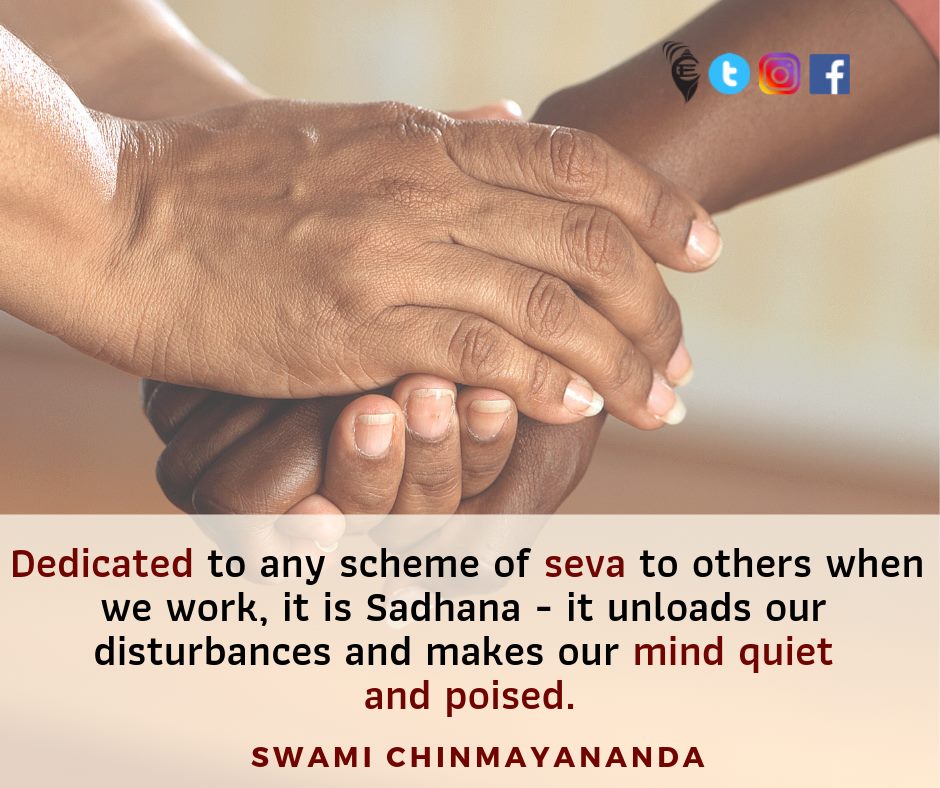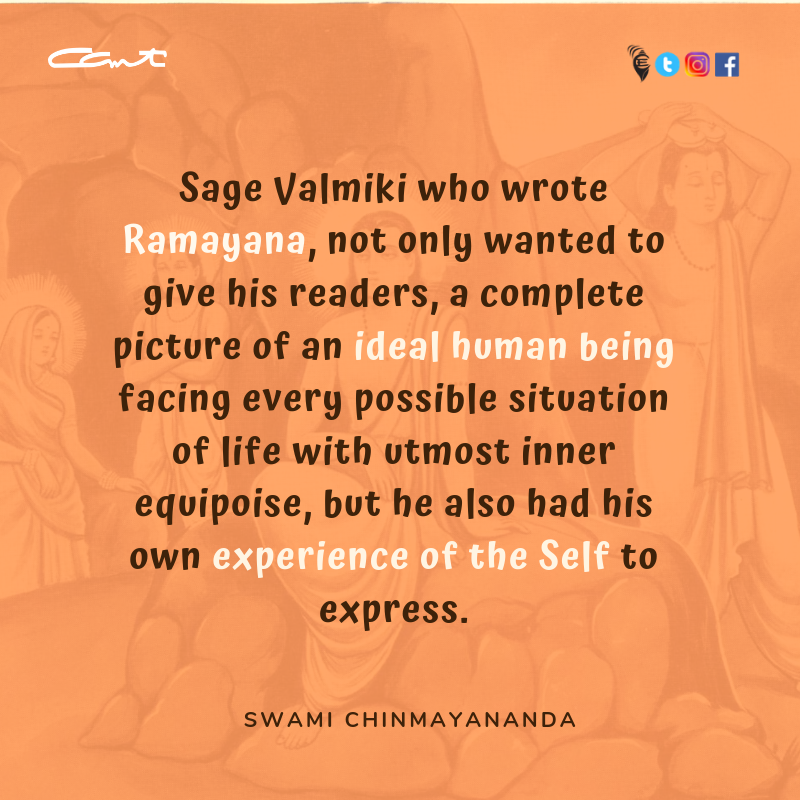Giving And Gaining : 1. Swami Nikhilananda Saraswati

17/04/2019 1. Sharing of knowledge is far more empowering than giving of material wealth, says Swami Nikhilananda Saraswati Everyone should share their wealth. It’s a noble gesture. The scriptures talk about it. By all means keep aside some for your use, but know that you are essentially a trustee of your wealth. It is like a well in the forest where all animals come to drink. It does not belong to that land alone. 1. The Giving Habit : Daan, loosely translated as charity or philanthropy, helps you overcome greed, selfishness and possessiveness. The spirit of daan needs to be encouraged right from childhood. Earlier, parents would bring home a toy or a few toffees and ask the older child to share them with younger ones. Today, they buy separate toys and chocolates for each child, so that children have the goodies all to themselves. It may avoid quarrels, but it also creates an attitude that what is mine, is mine alone, and not to be shared. Giving should be accompanied b...








